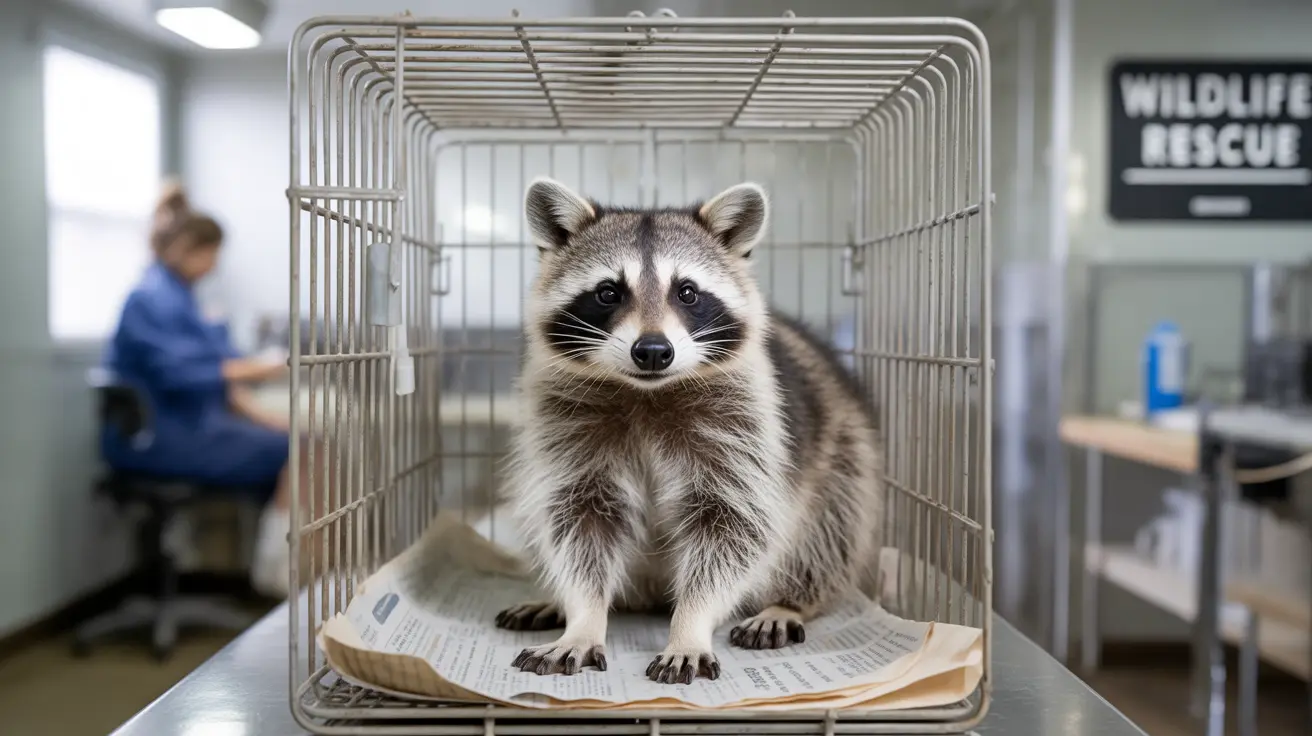Improved Access to Wildlife Emergency Response
The new facilities strengthen Maine's wildlife conservation infrastructure by offering specialized care closer to where it's needed most. Licensed wildlife rehabilitators at these centers are equipped to handle various species native to the region, ensuring that injured and orphaned wildlife receive proper medical attention and rehabilitation services.
Types of Care Provided
- Emergency medical treatment for injured wildlife
- Long-term rehabilitation care
- Safe recovery environments
- Professional monitoring and assessment
- Release preparation services
Supporting Maine's Wildlife Conservation Efforts
The expansion of wildlife rehabilitation services aligns with Maine's broader conservation goals, particularly the state's Wildlife Action Plan. By providing immediate access to care in northern regions, these centers play a vital role in preserving local wildlife populations and maintaining ecological balance.
Creating a Stronger Support Network
- Reducing response times for wildlife emergencies
- Providing local expertise for wildlife assessment
- Offering educational resources for the community
- Supporting sustainable wildlife management practices
Best Practices for Wildlife Encounters
When encountering injured or orphaned wildlife, it's crucial to remember that professional help is now more accessible in northern Maine. However, maintaining appropriate distance and avoiding direct handling remain important safety measures for both humans and animals.
Frequently Asked Questions
Where can I find wildlife rehabilitation centers in northern Maine for injured or orphaned animals?
Two new wildlife rehab centers have recently opened in northern Maine to provide urgent medical care and safe recovery for local wildlife, improving access in areas previously underserved like Aroostook County.
What should I do if I find a sick, injured, or orphaned wild animal in Maine?
Generally, you should watch wildlife from a distance and not handle them unless necessary. Contact a licensed wildlife rehabilitator or a local rehab center to report the animal and receive guidance on the best steps for care and rescue.
What types of wildlife are commonly treated by rehab centers in Maine?
Maine rehab centers care for a variety of species including mammals (moose, foxes, bears, squirrels), birds (raptors, songbirds, waterfowl), reptiles, amphibians, and some invertebrates.
Conclusion
The addition of two new wildlife rehabilitation centers in northern Maine marks a significant advancement in the state's ability to care for and protect its diverse wildlife population. These facilities not only provide essential services for injured and orphaned animals but also contribute to the broader mission of wildlife conservation in Maine. As these centers begin their operations, they represent hope for countless wild animals in need of care and rehabilitation in the northern regions of the state.






